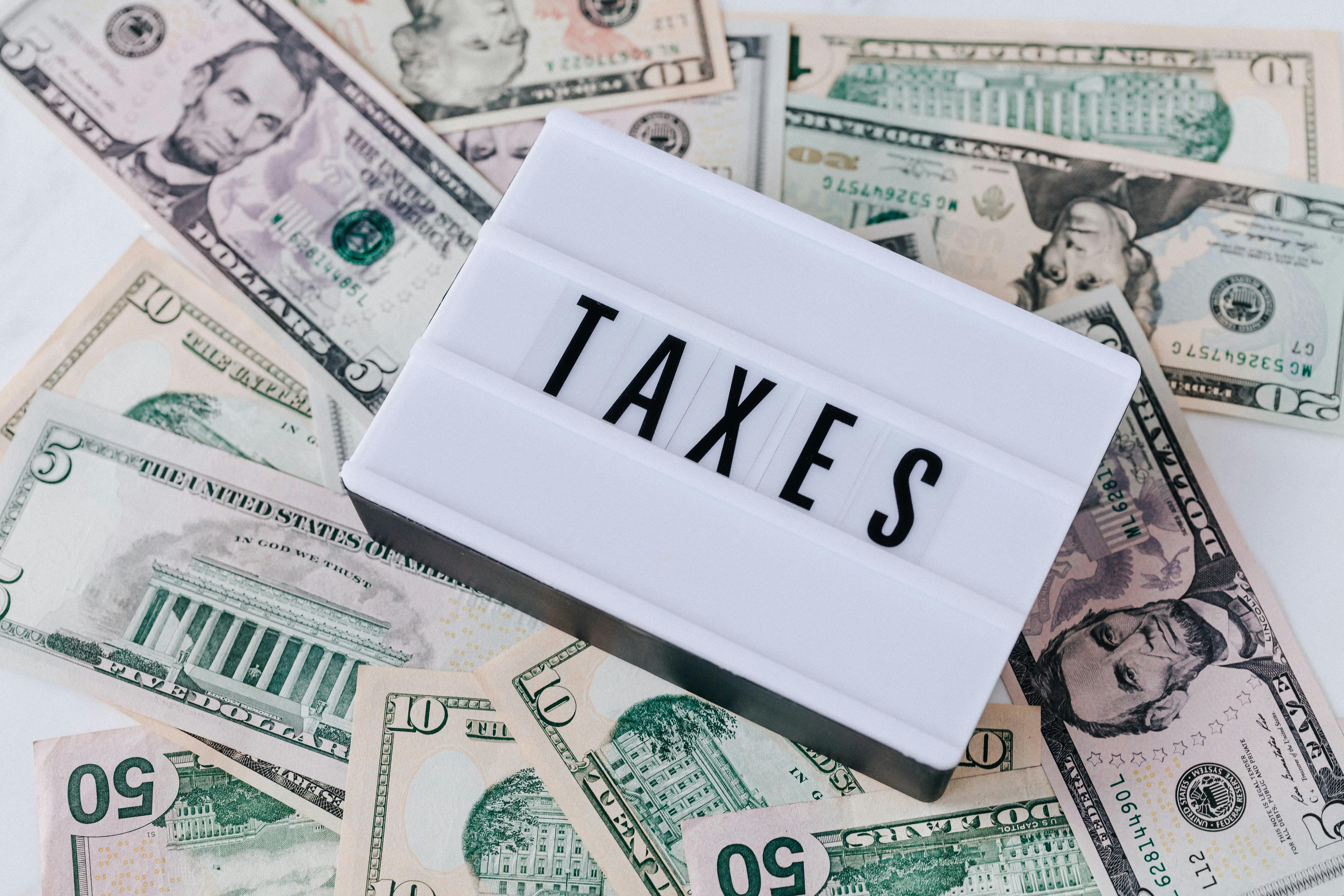Introduction
The era of lax crypto tax enforcement is coming to an end. The IRS is tightening its grip on digital assets, and starting in 2025, new reporting requirements will lead to an unprecedented wave of audits and investigations. Crypto investors who have failed to report their transactions accurately may soon find themselves in the IRS’s crosshairs.
With Form 1099-DA set to take effect, crypto brokers and platforms—including DeFi exchanges—will be required to report user transactions to the IRS, significantly increasing scrutiny. If you’ve been overlooking your crypto tax obligations, the time to fix it is now—before the IRS does it for you.
The IRS Crackdown of 2025: What to Know
From January 2025, cryptocurrency brokers will be required to report investors’ sales and trades, meaning most crypto activity will be tracked. This will lead to:
Form 1099-DA being issued by exchanges, making tax evasion nearly impossible.
Increased IRS audits, particularly for investors who haven’t reported crypto in previous tax years.
Potential criminal tax cases for those who fail to correct their tax filings before the IRS takes action.
With the IRS allocating billions of dollars from the Inflation Reduction Act to fund more audits, crypto investors who have ignored their tax obligations could face steep penalties—or worse, criminal investigations.
The Risks of Ignoring Crypto Tax Compliance
Many crypto holders assume they don’t owe taxes because they haven't withdrawn funds to a bank account. However, the IRS treats crypto-to-crypto trades, spending, and staking rewards as taxable events. Ignoring these obligations could lead to:
Audits and fines – The IRS has already used CP2000 notices and subpoenas on exchanges like Coinbase to enforce compliance.
Back taxes and penalties – Failing to report crypto gains can result in penalties of up to 75% of unpaid tax.
Criminal investigations – Willfully failing to report crypto could lead to fraud charges, fines, or even imprisonment.
The IRS will aggressively pursue non-compliant crypto holders, using the increased information they receive from brokers under the new regulations.
How to Fix Your Crypto Taxes Before It’s Too Late
1. Review Your Entire Crypto History
To accurately report taxes, start with the first year you acquired crypto. Missing cost basis data from early transactions could lead to overpaying taxes or inaccurate filings.
Pro Tip: While your tax calculations must start from your first crypto transaction, you might not need to amend every past tax return. Consult a tax professional to explore your best options.
2. Consider Voluntary Disclosure If You Haven’t Reported Crypto Before
If you knowingly failed to report crypto in previous years, the IRS’s Voluntary Disclosure Program (VDP) can help you correct your filings and avoid criminal penalties.
The IRS added crypto to the VDP in 2022, making it a key option for those who wish to come forward before an audit begins.
If you apply for VDP before an audit is initiated, you can significantly reduce potential penalties.
Since VDP applications must be completed before an IRS audit or investigation starts, it’s crucial to act quickly if you believe you may be at risk.
3. Get Professional Help to Avoid an Audit
Navigating crypto taxes—especially retroactively—can be complex. A professional tax advisor can:
Ensure accurate filings that comply with IRS rules.
Help reconstruct missing transaction history using blockchain analysis.
Defend you in case of an IRS audit and minimize penalties.
With upcoming IRS crackdowns, having a crypto tax expert on your side could mean the difference between a simple correction and a costly investigation.
Conclusion
The IRS’s enhanced enforcement efforts mark a turning point for cryptocurrency taxation. With new reporting requirements and Form 1099-DA rolling out in 2025, investors who fail to comply risk audits, penalties, and potential legal consequences.
The good news? There’s still time to fix your crypto taxes before the IRS comes knocking. By reviewing your transaction history, considering voluntary disclosure, and seeking professional assistance, you can correct your filings and avoid an audit.
At Block3 Finance, we specialize in helping crypto investors navigate tax compliance, file accurate reports, and minimize their tax liabilities. Don’t wait until it’s too late—contact us today for expert crypto tax solutions and stay ahead of IRS enforcement.
If you have any questions or require further assistance, our team at Block3 Finance can help you.
Please contact us by email at inquiry@block3finance.com or by phone at 1-877-804-1888 to schedule a FREE initial consultation appointment.
You may also visit our website (www.block3finance.com) to learn more about the range of crypto services we offer to startups, DAOs, and established businesses.
